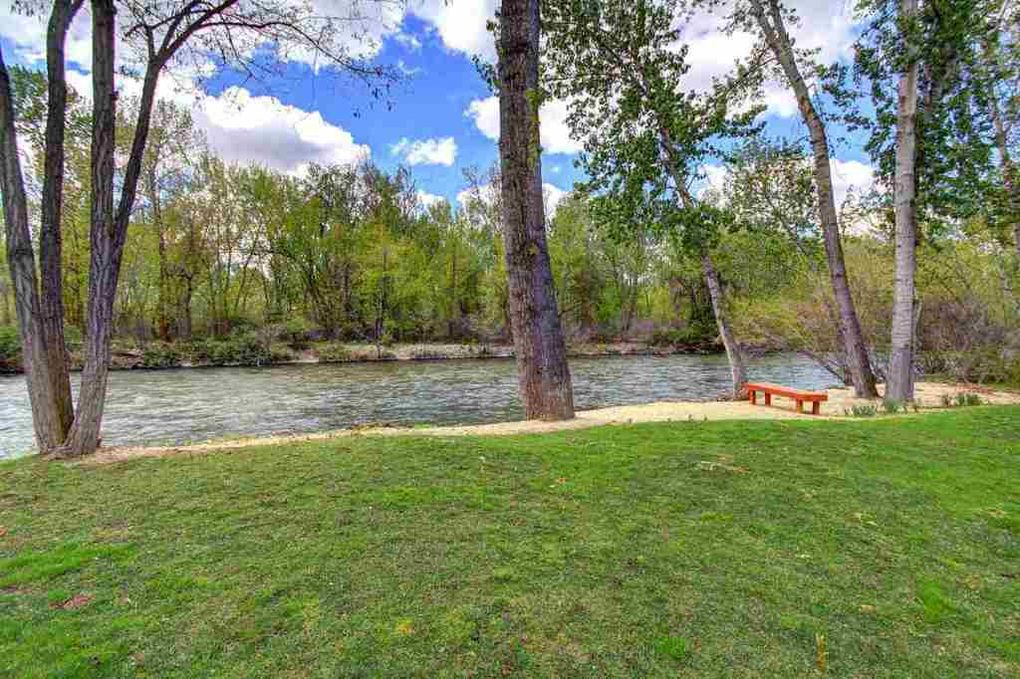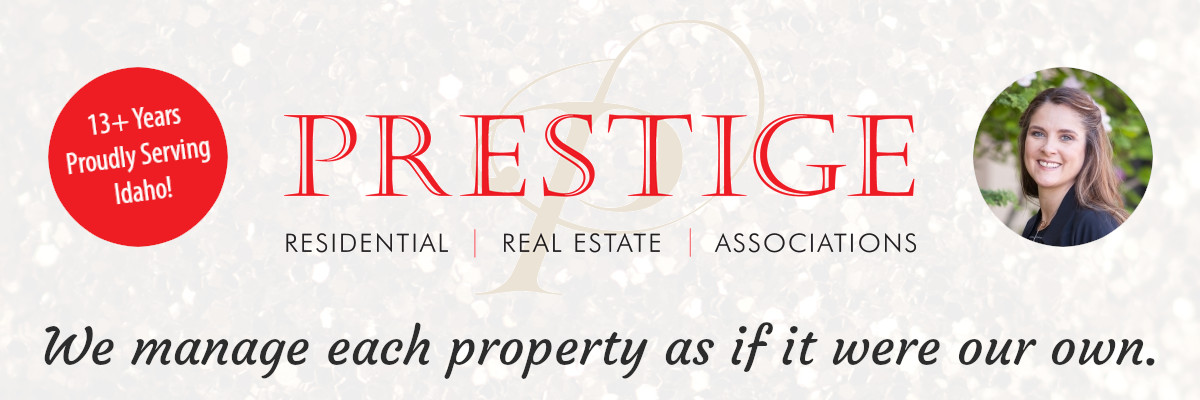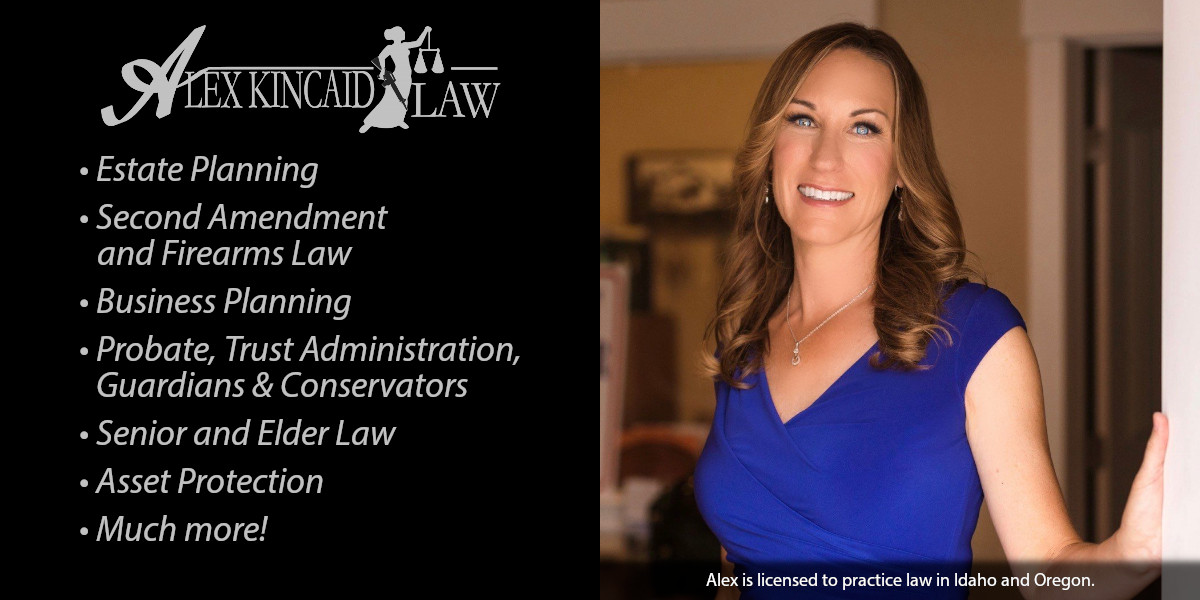
Op-Ed: Not in Idaho—Not in Garden City
By Dr. John Livingston • January 12, 2023HomeSnaks is a Real Estate internet platform that coalesces Census, FBI, and Open Street Maps data that helps users understand real estate trends and what it is like to live in various communities across the country. In an April 14th, 2022, article by Kris Kolmer, Idaho was identified as the fastest growing state in the country.
Garden City is experiencing many of the growing pains associated with a rapid increase in population. The community surrounding the River Club (formerly The Plantation) has been notified that 22.5 acres of the 104-acre golf course is going to be rezoned from Residential (R-2) to Special Area Plan (SAP)—in state statute known as a Special Use Permit (SUP). The former owner of the property has sold it to Lincoln National which is one of the world’s largest developers of single-family dwellings. The existing (R-2) permit allows for six single family homes to be built on one acre. The (SAP) rezoning will allow for 700 units to be built on 22.5 acres—six times the density under the (R-2) code allowance. Access to the greenbelt will be through existing Cul-de-sacs. The developer is asking to build 4 story structures only 90 feet away from existing homes.
The previous owner of the property is a friend of mine. He did an incredible job and should be congratulated for updating the facilities and the golf course. He proved to be a “good steward of the land”. When he sold the land to Lincoln National, he retained an option to repurchase the 100 acres left over. “Stewardship” was transferred with the sale of the property along with an implied responsibility to the neighborhood. Should permitting timelines not be met, a “put” option would be executed by the buyer and ownership will be transferred to the original owner who has expressed concerns about his ability to make running The River Club financially possible. Thus, all parties have “skin in the game”, but converting green lovely open space in an existing neighborhood using the (SAP) permitting process that was designed to overlay space for commerce and density to an existing neighborhood, is a bureaucratic reach by developers that is used commonly in California but should be banned in Idaho. This transfer of ownership comes at a proposed great price to the quality of life and home values of people, some of whom have lived in the neighborhood for almost 50 years. My friend—the seller of property to Lincoln National, needs to accept responsibility for transferring “skin in the game”—homeowners’ “skin”.
I am a strong supporter of property rights and I recognize the position of the developer. Twice in my life on a much smaller scale, I have been in such a position myself, but everyone’s property rights extend only so far as “another property owner’s nose”. The letter and the spirit of the State statute and city codes in Idaho respect both positions. They also anticipate the existence of tensions that are inherent in these projects. Being on the residence side this time around, I realize how much of an advantage the developers have. They work with staff at planning and zoning (P&Z) daily. That access to the bureaucracy of government is like the buying of dinner or drinks by a coach or a team owner for a referee or umpire before a sporting event. Buying lunch at the Arid Club or paying for admission to the Governor’s Cup for a legislator is another example of buying political and economic favor.
As citizens of Garden City, we have been told not to directly approach our elected officials or employees at (P&Z) until after addressed actions have been taken! Yet, developers have historically sponsored campaign events for these elected officials building another conduit to influence that is only available to a developer or an agent of a developer. Citizens, only very late in the process, can attend a hearing or write a letter. None of these advantages are necessarily illegal, but the process of “gilding the lily” as practiced by developers has become an art form that must be noted, resisted, and overcome by homeowners who choose to fight the system.
Even though these advantages may be completely legal—they are a form of excessive influence, potentially undue and undeserved favor. One last example would be the short notice times and low distribution of hearing event information which has the effect of limiting transparency of process and insulating homeowners’ objections from obstructing the goals of the developers—grossly unfair but entirely legal.
All of this is secondary to the primary issue that we homeowners should be eager to resist and reform—the abdication responsibility of developer stewardship. Can we make Lincoln National and Garden City both give due respect for residential private property? Laws and bureaucratic actions which do not respect differences in how zoning codes should be applied to unique locals is a significant issue. An (SAP) rezoning for development of the Fair Grounds may be appropriate, but when the same zoning code approach is applied to encroach and overlay of an existing neighborhood it may be draconian. City fathers, legislators, and judges hopefully will be wise and know the difference. Once again, this one size fits all solutions, an (SAP), on The Plantation neighborhood, will prove to create a predictable disaster, unless avoided or mitigated or at least sensitively tailored.
Preserve Plantation Neighborhood
This Op-Ed was written by Preserve Plantation Neighborhood and submitted by Dr. John Livingston. Op-Eds do not necessarily reflect the views and opinions of those at the Idaho Dispatch.
Photo Courtesy of Realtor.com
Tags: Garden City, Land Development, Planning and Zoning, Plantation Neighborhood, Property Rights, River Club
6 thoughts on “Op-Ed: Not in Idaho—Not in Garden City”
Comments are closed.








…”As citizens of Garden City, we have been told not to directly approach our elected officials or employees at (P&Z) until after addressed actions have been taken!”…
Who told the Citizens this? Why do they have powers over The Citizens?
Right now is the time and the responsibility of The Citizens to organize and overwhelm your elected officials and P&Z.
Don’t sit back, overwhelm all by using your 1st Amendment rights.
Do whatever you can to get control of the situation. I am in CDA, ID and right across the street they have been working on apartments for two years. They tell us there will be 40 apartments plus businesses on the first floor. For 40 units that might equal 80 cars that need to park somewhere, but there is no parking lot. They have already blocked my driveway twice and I had to call the city. What is going to happen when it is completed. It is a mess. It scares me to think that they may force the sale of some of these homes so they can park there cars. Confront your lawmakers now or it will be too late.
In the 8 years I have been an elected official at ACHD I have yet to be told that citizens cannot or should not reach out to me with their concerns. I haven’t heard of this tactic in any of the cities (or Ada County) with regards to P&Z or electeds. What does happen, however, is what the good Dr explained in terms of “currying favor”. On many occasions, I have addressed this with those wishing to have lunch by letting them know right up front that I cannot discuss specifics of any development or applications and that their lunch invitation comes with nothing in the way of an obligation by me to them. I’ve said the exact same thing with regard to campaign contributions, something that backfired big-time on a couple of contributors just this past November. Two developers (names aren’t of any significance) made contributions as they have done previously knowing that this election cycle a builder’s organization they served on the board of was going to come after me in a big way. The amazingly crooked ways that organization utilized to conduct its negative campaign backfired on them, big-time, and I won re-election. With a smile on my face, I asked those 2 contributors if they thought they’d been buying some kind of “insurance policy”. One admitted that he’d hoped that was the case. To hell with that hope. Maybe I’ll write some kind of op-ed piece with more details down the road, but I hope no “favor” has been curried in Garden City in this case described by Dr. Livingston by anyone or entity. That isn’t the right way to do business, politically or otherwise. It does seem to be an increasingly more common way to get things done here in Idaho, I’m afraid.
Kent
Thank you for your honest and open response. An Op-Ed piece on your part would be enlightening and helpful. “Working groups are scheduled prior to hearings and citizens are allowed to attend but not participate, while planners and developers continue to communicate with each other almost on a daily basis. The developers have a decided advantage in this process and in our case, it is all legal but still corrupt. Thank you again for your comments. jml
The ONLY good thing about this is that they are not building stack-n-packs, but single fam homes. Yet, we do not need more density. More density equals more impacts on infrastructure and over loads the utility bandwidth. Not a fan.
700 units on 22.5 acres in 2-4 story structures=”stack-n-packs”